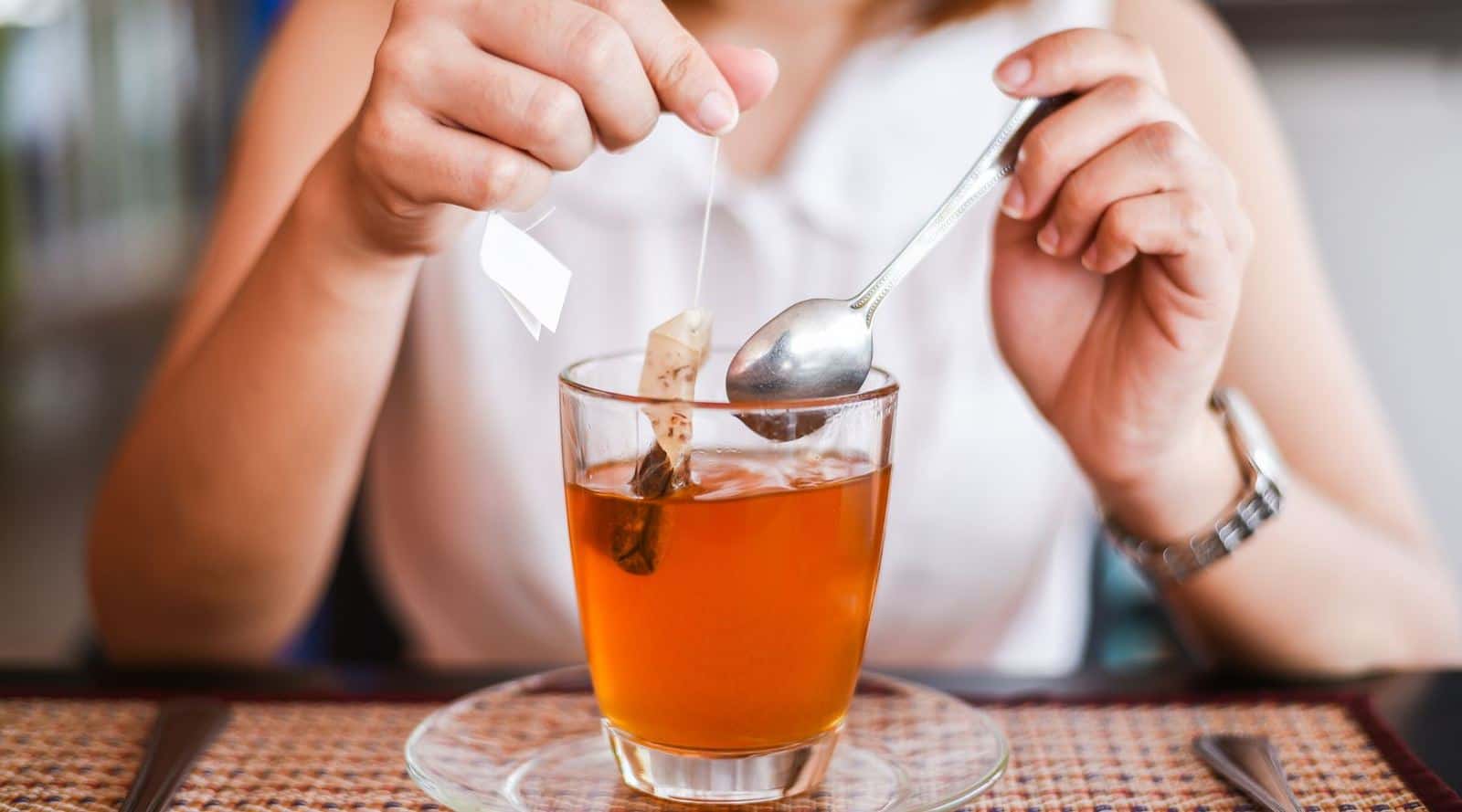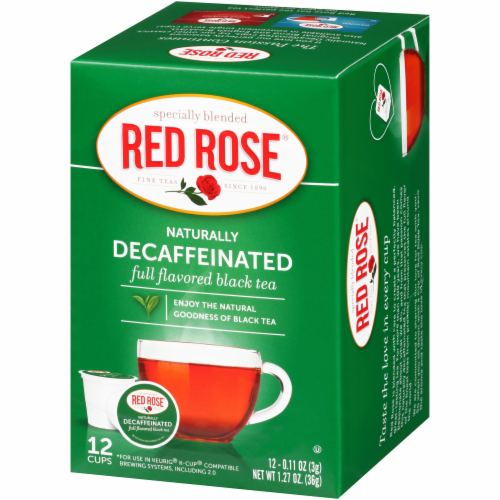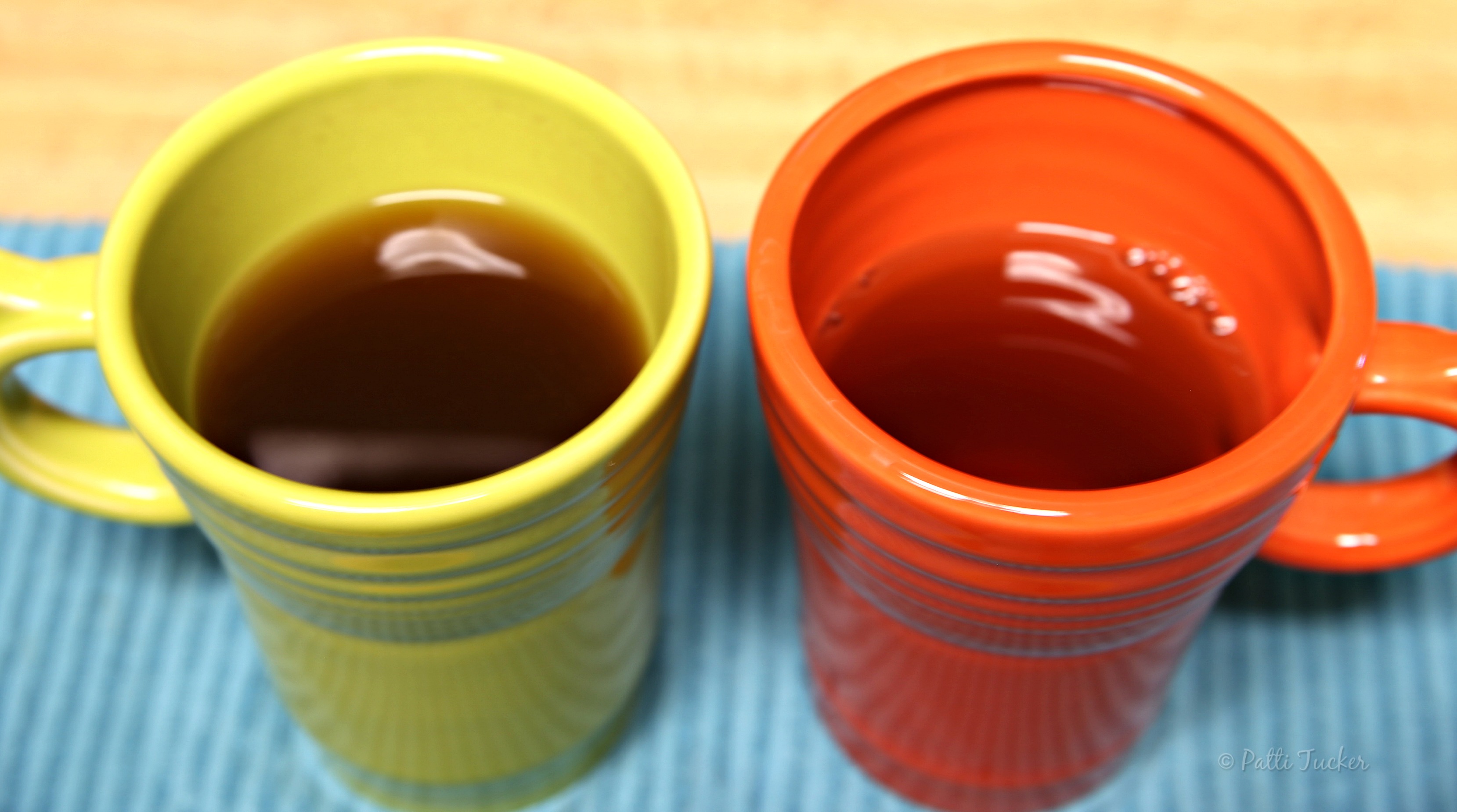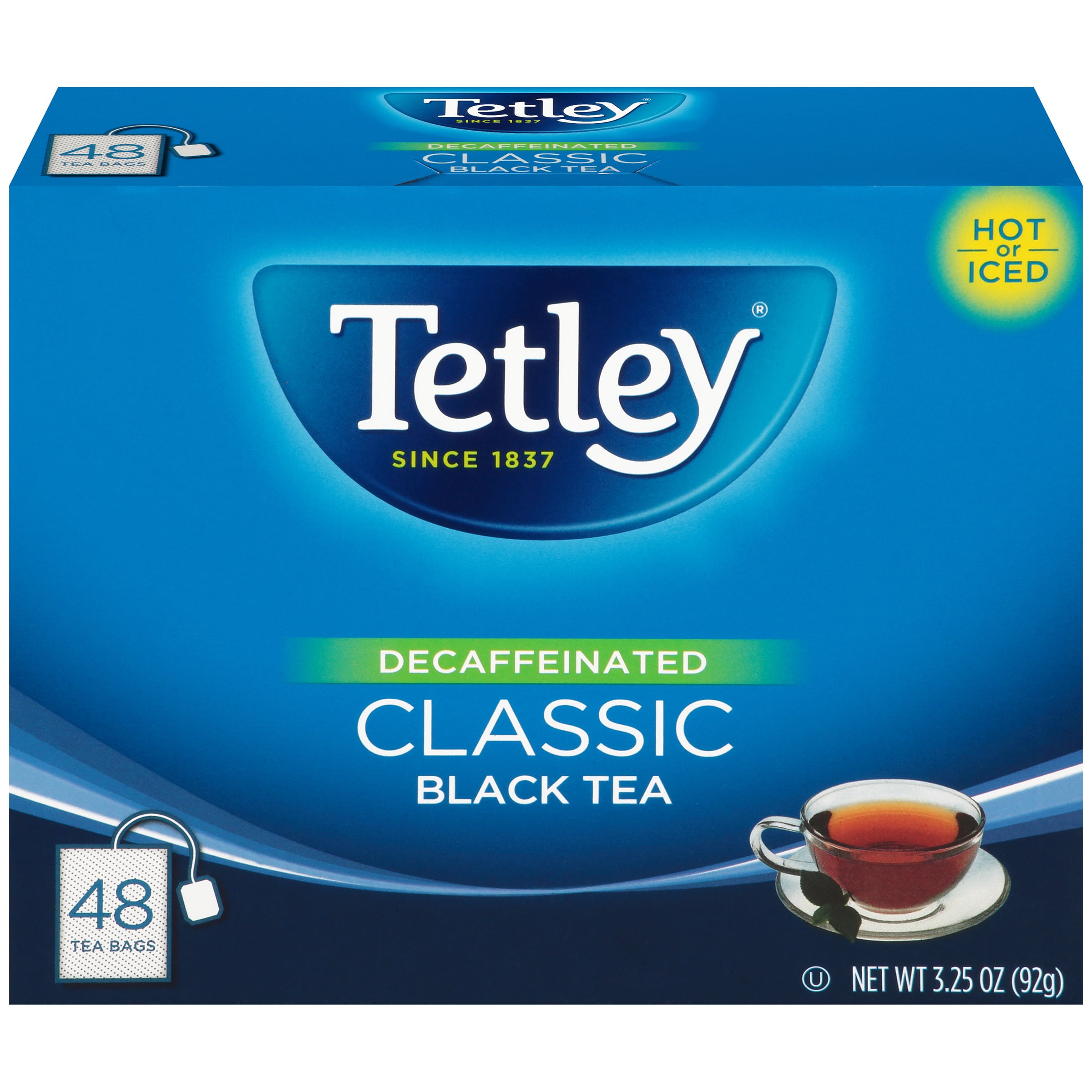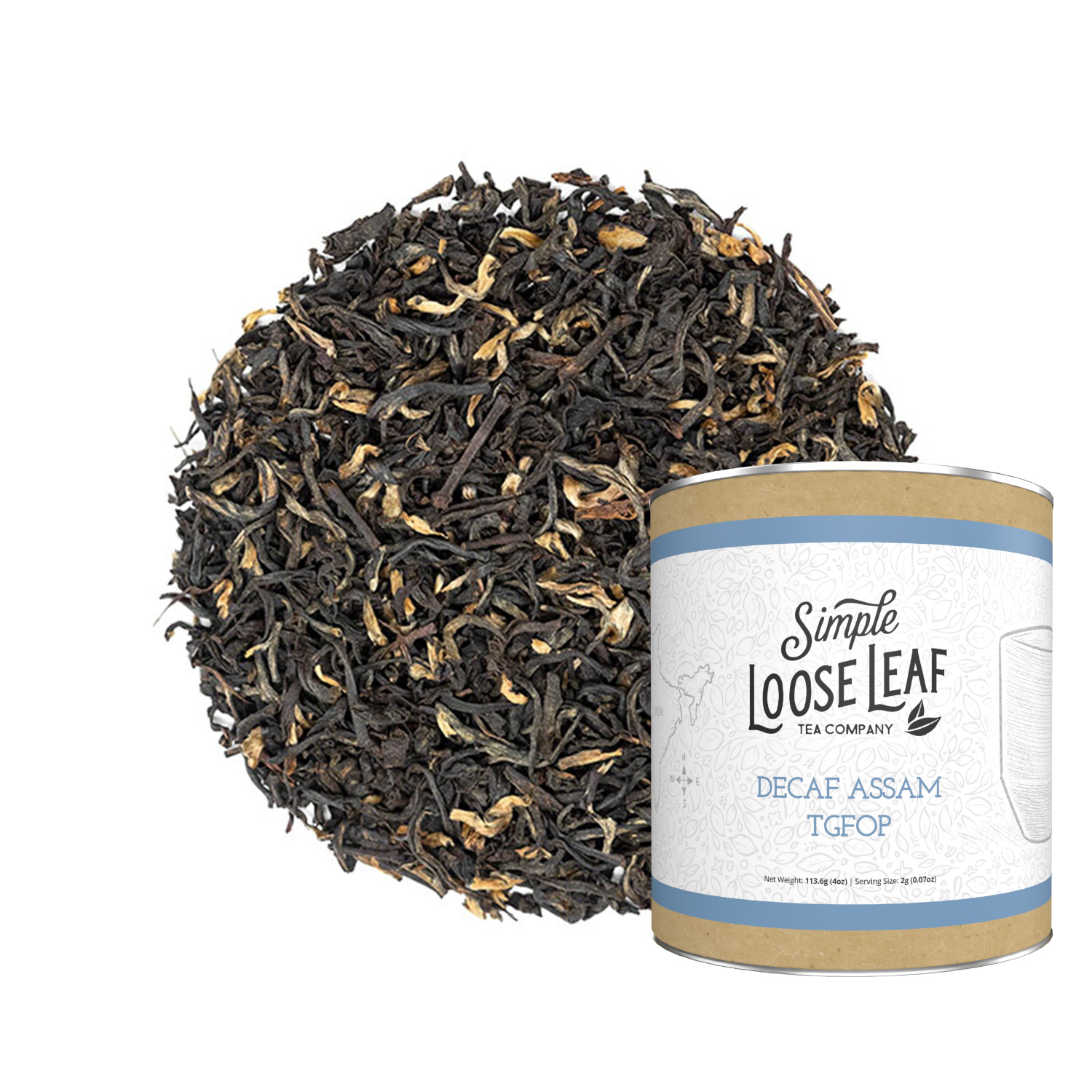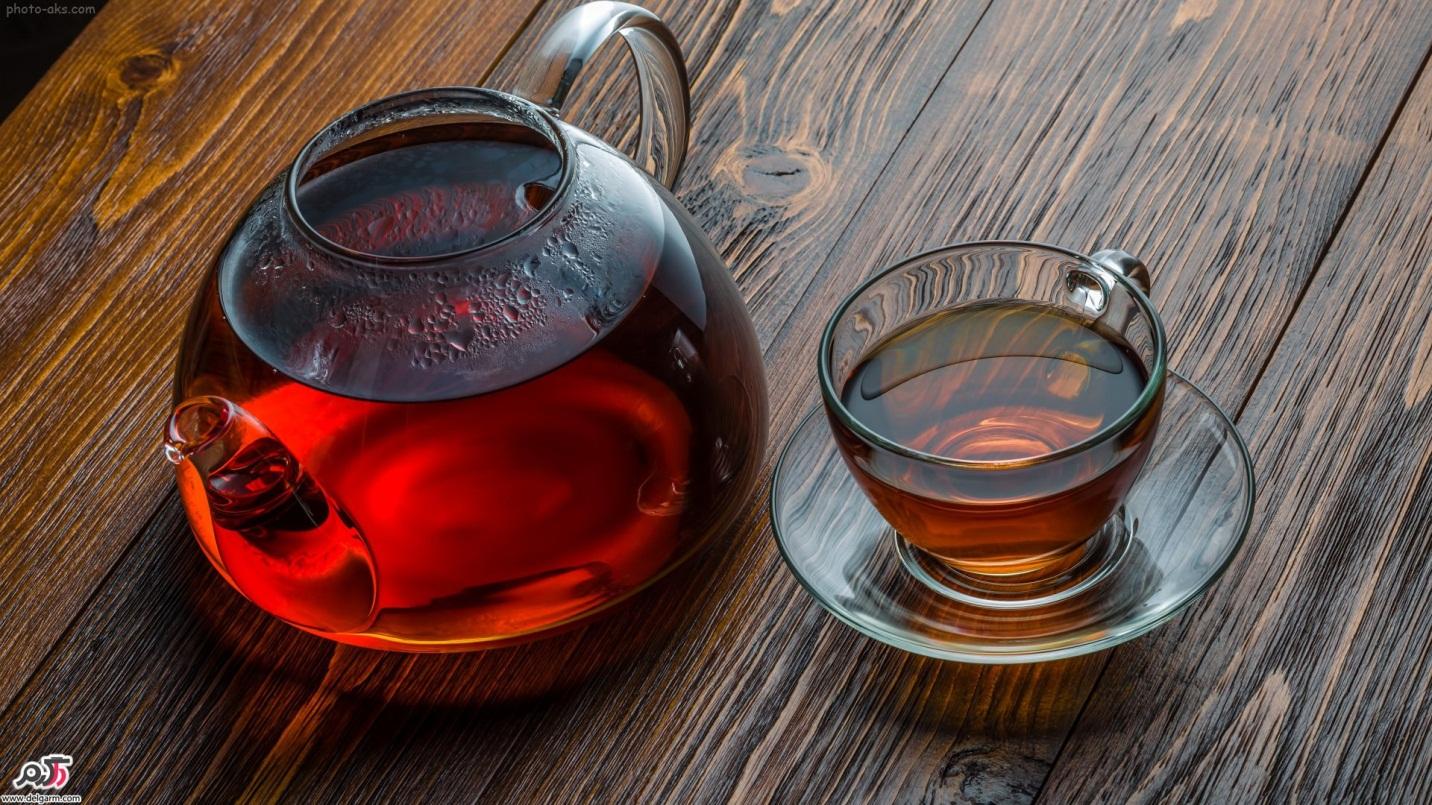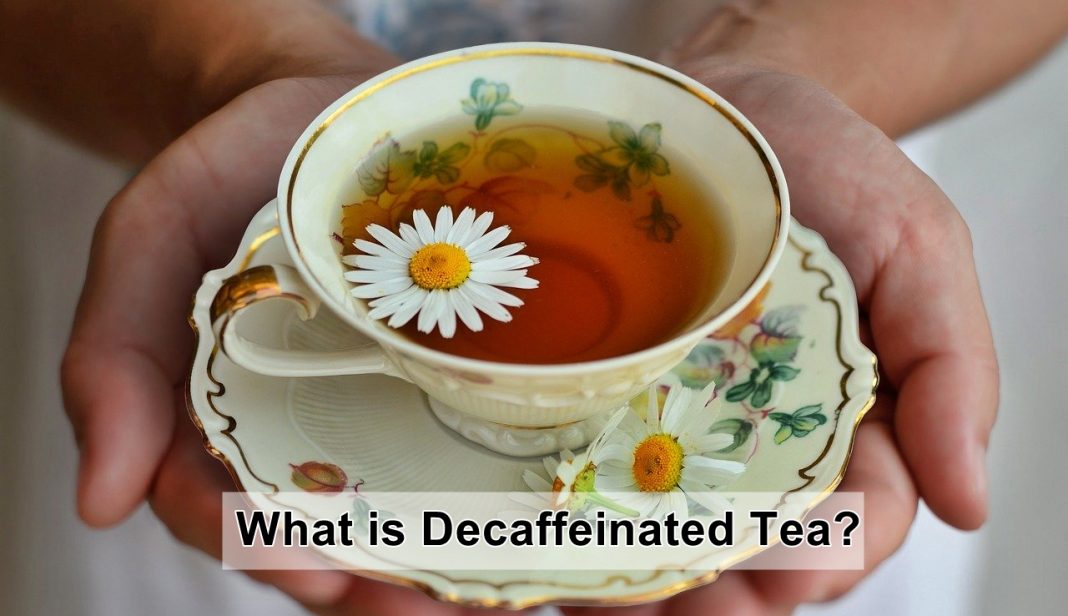Divine Info About How To Naturally Decaffeinate Tea

Decaffeinated tea—also decaf tea—refers to a tea with little or no caffeine.
How to naturally decaffeinate tea. Decaffeinating tea leaves can be tricky. Ethyl acetate (ea) method: Then, pour it over your tea leaves and steep for about [20, 30, 45] seconds.
The boiling water should eliminate some of the caffeine from the tea leaves. Contents [ show] how lipton decaffeinates their tea. Pour off and discard the water and then brew the tea as you normally.
Firstly, boil must be done at the recommended brewing temperature which is 212 degrees fahrenheit. It involves steeping the tea leaves in hot water to extract the. It can be a black, oolong, green or white tea that has undergone a basic.
10.06.2022 andrey kiligann faq leave a reply. Harney & sons. This method uses a solvent called ethyl acetate, which is derived from fruits or vegetables, to dissolve the caffeine from the tea leaves.
If you want to decaffeinate tea yourself, place the tea leaves in a teapot and add just enough water to. By erika robertson. First, bring your water to a boil.
The carbon dioxide process is used to decaffeinate the vast majority of loose leaf teas as well as tea. One way is to boil twice.
Carbon dioxide for loose leaf teas; Guides on the internet claim you can naturally decaf your tea simply by adding boiling water, leaving it for 30 seconds, and then emptying it before brewing normally. You can buy commercially decaffeinated tea, but one of the methods in use relies on the solvent ethyl acetate and removes most of tea’s beneficial polyphenols.
Now reuse your washed tea leaves to achieve a lower. Water decaffeination is the simplest and a natural method of decaffeination. What is a decaffeinated tea?
For a number of years, the recommendation was to make decaffeinated tea with a hot water rinse using a method that went something like this: Decaffeinated tea must go through a process to remove the caffeine from the leaves. Because this is a naturally occurring component, tea manufacturers that use ethyl acetate to decaffeinate their teas often brand their teas as ‘naturally decaffeinated‘.
Solvent waste isn’t an issue with ethyl acetate, since it is found naturally in fruit (teas made this way are dubbed “naturally decaffeinated”). All tea from camellia sinensis contains caffeine. How does lipton decaffeinate their tea?
